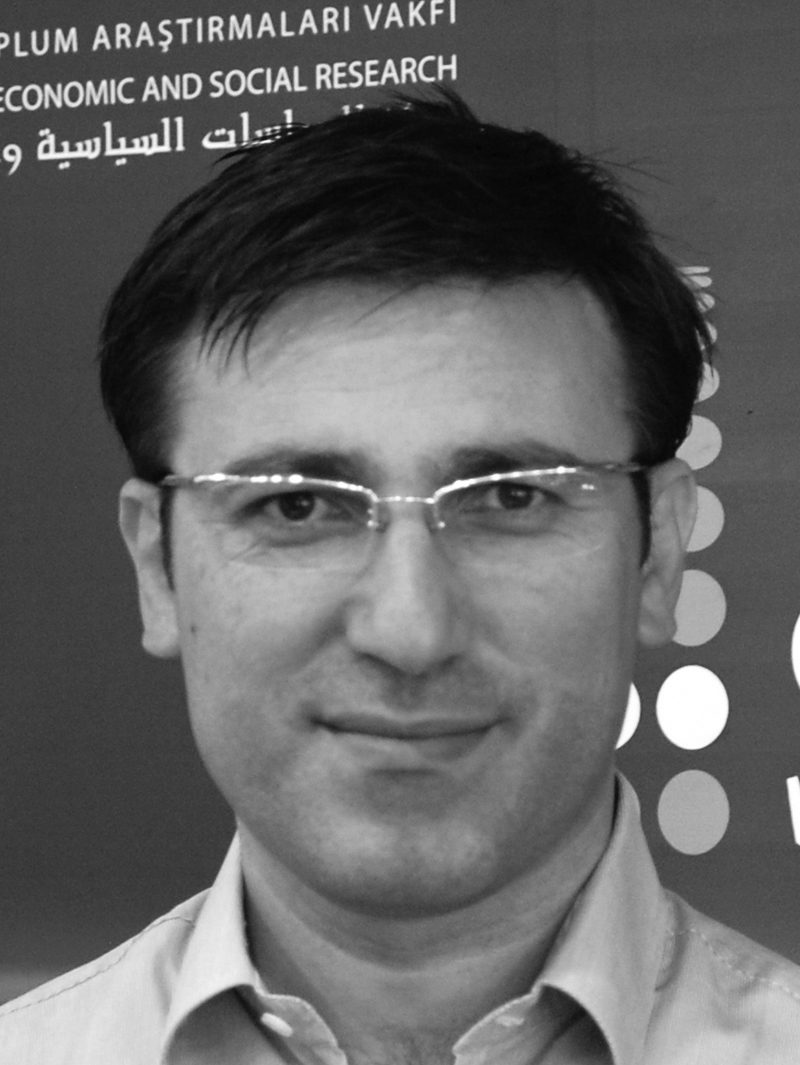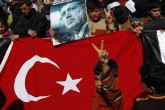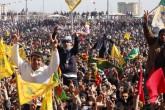Recent acts of violence at METU campus, one of the most preferred universities by talented and successful students, statements of Prime Minister Recep Tayyip Erdoğan and university presidents following the event make us question universities and democracy culture once again.
UNIVERSITY, STATE AND IDEOLOGY
Since the establishment of the Republic, higher education institutions in Turkey have had an essential function and they have been an effective conveyer and defender of the state ideology, modernization and the secularization project imposed from top to bottom. Because number of universities in Turkey failed to meet the demand for higher education for years, a limited number of students had the chance to benefit from these institutions as universities remained silent on critical issues and shied away from offering solutions for chronic problems. To put it in another way, universities in Turkey failed in the expected performance on guiding the society by developing science, critical thinking, research and questioning culture as in other countries with well-established higher education tradition.
Universities that are supposed to be against the status quo and tutelage became the place of otherizing practices by acting with ideological concerns and preferring uniformity to pluralism. They not only implemented and defended bans when the tutelage prevailed in the country but also allied with the military, bureaucracy and judiciary and resisted social changes giving birth to new political actors.
Universities remained outdated in terms of education, raising qualified manpower and paving the way for technologic innovations through original research as well as making contributions to the development of culture of tolerance, pluralism and democratization. However, some elites who consider universities as their bastion maintained discursive superiority owing to their ideological alliances with the media and the elite of the old Turkey instead of rendering account to the public.
Today, developments and positions in the wake of events at the METU campus indicate once again that it is possible to instrumentalize acts of violence sparked by a few students and spread to other universities.
WHO BENEFITS FROM IDEOLOGICAL POLARIZATION AND VIOLENCE?
Turkey has undergone unfortunate periods in which university students engaged in violent acts and ideological polarization cost lives of many students. University students, some for the sake of revolution and others for the sake of patriotism, took opposite ideological positions and turned against each other. Many had to drop out school. Students and universities were the losers of this unfortunate battle. Turkey’s lost years were those when violence overshadowed reason, common sense and culture of negotiation. The New Turkey is a Turkey where old habits changed, the tutelary regime lost influence as political and economic stability opened up new opportunities in higher education. Universities were established in each and every city in order to educate qualified generations who will meet the 2023 targets of Turkey and 70 private universities were allowed to open their doors in order to end uniformity. The quota of universities was increased; students are no longer paying university fees while other universities in the world are beginning to adopt private education; student dormitories with free internet access were opened. The aim was to provide more students with better opportunities and ensure the equality of opportunity for all in order to let students look to the future with confidence.
Universities are the institutions which bring dissenting, alternative opinions together. In this sense higher education institutions are the places where students can freely enjoy their right to protest and right to object. On the other side, investments in higher education are investments in the future of the New Turkey. No one should expect the society to excuse sabotaging and besmirching reputation of these investments under the g


